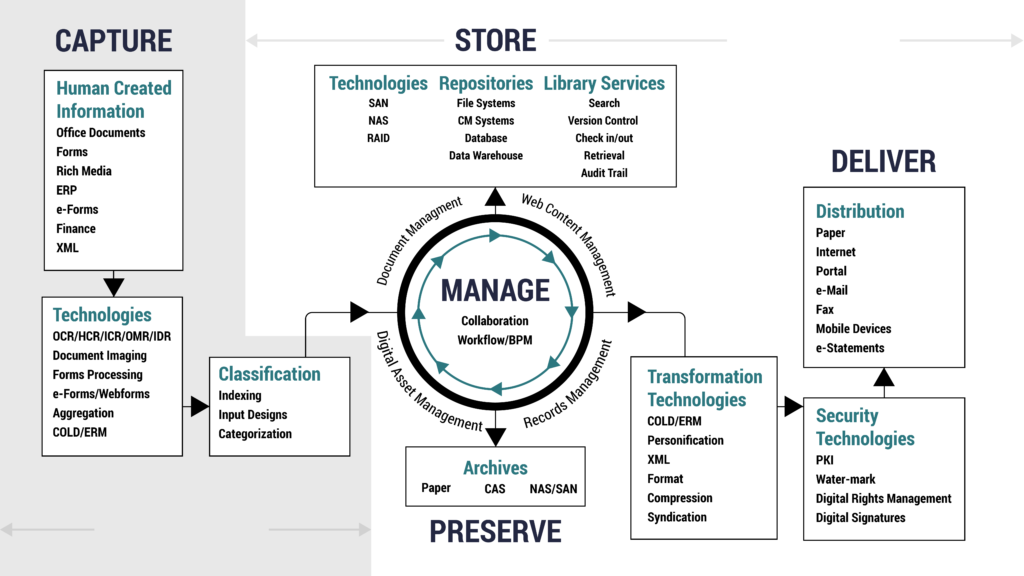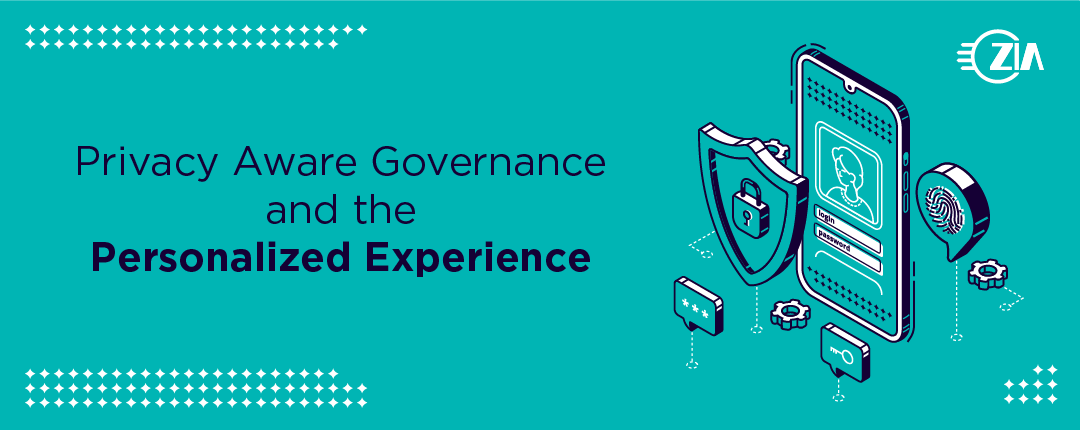The Risks or Opportunities Associated with Privacy Laws
I’d wager that most companies perceive new laws, such as General Data Protection Regulation (GDPR) and California Consumer Privacy Act (CCPA), as a data risk. This may be in part because they look only at the requirements to comply with government regulations. A good litmus test is to determine whether responses align with Data Subject Access Requests (DSARs) for California or European residents, or Data Subject Access Requests (DSARs) for companies regardless of the customer’s residency.
It’s understandable that companies perceive GDPR and CCPA compliance laws as risks. The fine for a lower-level GDPR violation can be as much as $11.03 million, or two percent of the company’s annual revenue, whichever is greater. CCPA laws state that the maximum civil penalty is $2500 for every unintentional violation and $7,500 for every intentional violation. Needless to say, organizations have more incentive to address customers with regulations that align with where they reside. While privacy compliance laws create some complications, organizations can also look at them as opportunities to improve data integrity and the customer experience.
When it comes to privacy laws, a fundamental question is, “What do you know about me?” To answer this question, organizations must provide their customers with greater information transparency, as well as individual control to review and update their personal information. I can understand why organizations perceive this as a risk. For example, it might be surprising for a customer to learn how much information an organization knows about them. It could also be entertaining, embarrassing, or even inaccurate. Regardless, these laws now give organizations a perfect opportunity to provide customers with a more personalized experience.
A recent study by Formation.ai showed that 81% of consumers are willing to share basic personal information in exchange for a more personalized experience. Companies could use this to their advantage by embracing the potential risks of GDPR and CCPA, and using DSAR to improve brand loyalty. All of this is to say that it is time for organizations to change their thinking around how to handle privacy risks. Cisco’s Cisco 2021 Consumer Privacy Survey confirms that “Consumers want transparency and control with respect to business data practices”. They also showed that consumers will take action against companies they feel do not have good Privacy Aware Governance (PAG) practices. Zia Consulting can help organizations improve their PAG practices around unstructured content.
Turn Your Privacy Compliance Risks Into a Customer Experience Opportunity
Zia Consulting can help customers remove ROT (Redundant, Obsolete, and Trivial) content, and then unlock dark data. It’s widely known that unstructured data makes up 80% and more of enterprise data, and is growing at the rate of 55% and 65% per year. According to a 2016 study, over 33% of data is ROT, and another 52% is unclassified. Zia Consulting helps organizations eliminate ROT content and provides a frictionless way for organizations to organize, process, and manage unstructured content through a useful information lifecycle. In turn, this personalizes the customer experience while reducing privacy compliance risks. It also empowers organizations to easily find, access, or control personal data.
Another risk to organizations trying to address the Privacy and Compliance laws is identifying and maintaining integration requirements across multiple systems. Zia Consulting can help with information integration and security. A 2020 Gartner survey found that it costs an average of $1,400 (USD) for organizations to manually process a single DSAR. Not to mention the stress such a request imposes on the personnel who have to respond within a 45 day timeframe. Zia’s knowledge of Hyper Automation and RPA can reduce the manual labor required to respond to these DSARs.
Lastly, whether an organization is looking to improve the customer-facing front-end side of the business or the back office information lifecycle platform, Zia Consulting can help modernize how information is stored, processed, decimated, archived, and ultimately dispositioned—particularly as it relates to unstructured personal content.


